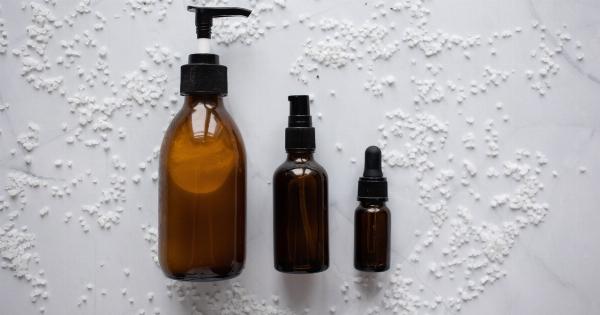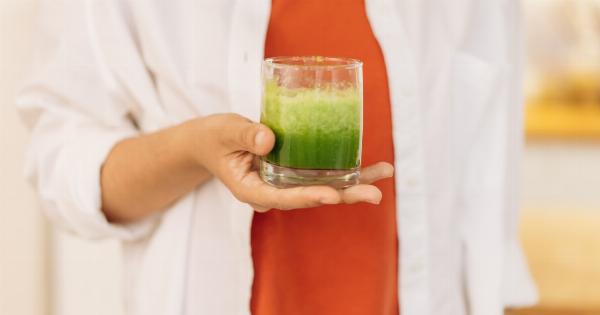Sodium plays a crucial role in our body, helping to maintain the right balance of fluids and electrolytes, as well as supporting nerve and muscle function.
However, consuming excessive amounts of sodium can lead to various health issues, including high blood pressure, heart disease, and stroke. While it’s easy to associate sodium with table salt, it’s surprising to learn that many processed foods are packed with hidden sodium.
In this article, we will uncover six common foods that you should avoid if you want to cut down on your sodium intake.
The Dangers of Excessive Sodium Consumption
Before we delve into the foods you need to avoid, let’s take a moment to understand why excessive sodium consumption can be detrimental to your health.
The average American consumes about 3,400 milligrams of sodium per day, which is well above the recommended limit of 2,300 milligrams set by health experts. This high intake is largely due to the prevalence of processed and packaged foods in our modern diet.
When you consume too much sodium, your body retains more water to try and maintain a balance of electrolytes. This can increase your blood volume and put added strain on your heart and blood vessels.
Over time, this strain can lead to hypertension, or high blood pressure, which is a major risk factor for heart disease, stroke, and kidney disease.
Reducing your sodium intake can have significant health benefits, including lower blood pressure, reduced risk of heart disease, and improved overall well-being. By avoiding these six sodium-rich foods, you can make a positive impact on your health:.
1. Processed Meats
Processed meats like bacon, sausages, hot dogs, and deli meats are not only high in unhealthy fats, but they are also loaded with sodium. One serving of deli meat can contain as much as 400 to 600 milligrams of sodium.
Opting for fresh, lean meats and cooking them at home allows you to control the amount of sodium in your diet.
2. Canned Soups
Canned soups may seem like a convenient and quick meal option, but they often contain excessive amounts of sodium. One serving of canned soup can contain up to 900 milligrams of sodium, which is almost half of the recommended daily intake.
To enjoy a warm bowl of soup without the extra sodium, consider making homemade versions or opting for low-sodium options available in stores.
3. Bottled Salad Dressings
Salads are a healthy and nutritious choice, but many store-bought salad dressings are packed with sodium. Just two tablespoons of some salad dressings can contain up to 300 milligrams of sodium.
Making your own dressing using fresh ingredients like olive oil, vinegar, and herbs allows you to enjoy the flavors without the excess sodium.
4. Condiments and Sauces
Ketchup, soy sauce, barbecue sauce, and other condiments and sauces can add a burst of flavor to your meals, but they also contribute to your sodium intake. For example, just one tablespoon of soy sauce contains over 1,000 milligrams of sodium.
Look for low-sodium or sodium-free versions of these products, or consider using alternative seasonings and herbs to add flavor to your dishes.
5. Frozen Meals
Frozen meals are known for their convenience, but they are often loaded with sodium to enhance the flavor and prolong shelf life. A typical frozen dinner can contain up to 1,500 milligrams of sodium or more.
Instead of relying on frozen meals, try meal prepping and cooking your own balanced meals from scratch. This gives you control over the ingredients and allows you to limit the amount of sodium in your food.
6. Snack Foods
Snack foods like chips, pretzels, and crackers may satisfy your cravings, but they are often high in sodium. Just one serving of potato chips can contain up to 170 milligrams of sodium.
Opt for healthier snack options like fresh fruits, nuts, or homemade popcorn without added salt to keep your sodium intake in check.
Conclusion
Sodium is an essential mineral that our body needs, but consuming too much can have serious health consequences.
By avoiding processed meats, canned soups, bottled salad dressings, condiments and sauces, frozen meals, and sodium-laden snack foods, you can significantly reduce your sodium intake and improve your overall health. Opt for fresh, homemade alternatives and low-sodium options whenever possible. Remember, small changes in your diet can have a big impact on your long-term well-being.



























